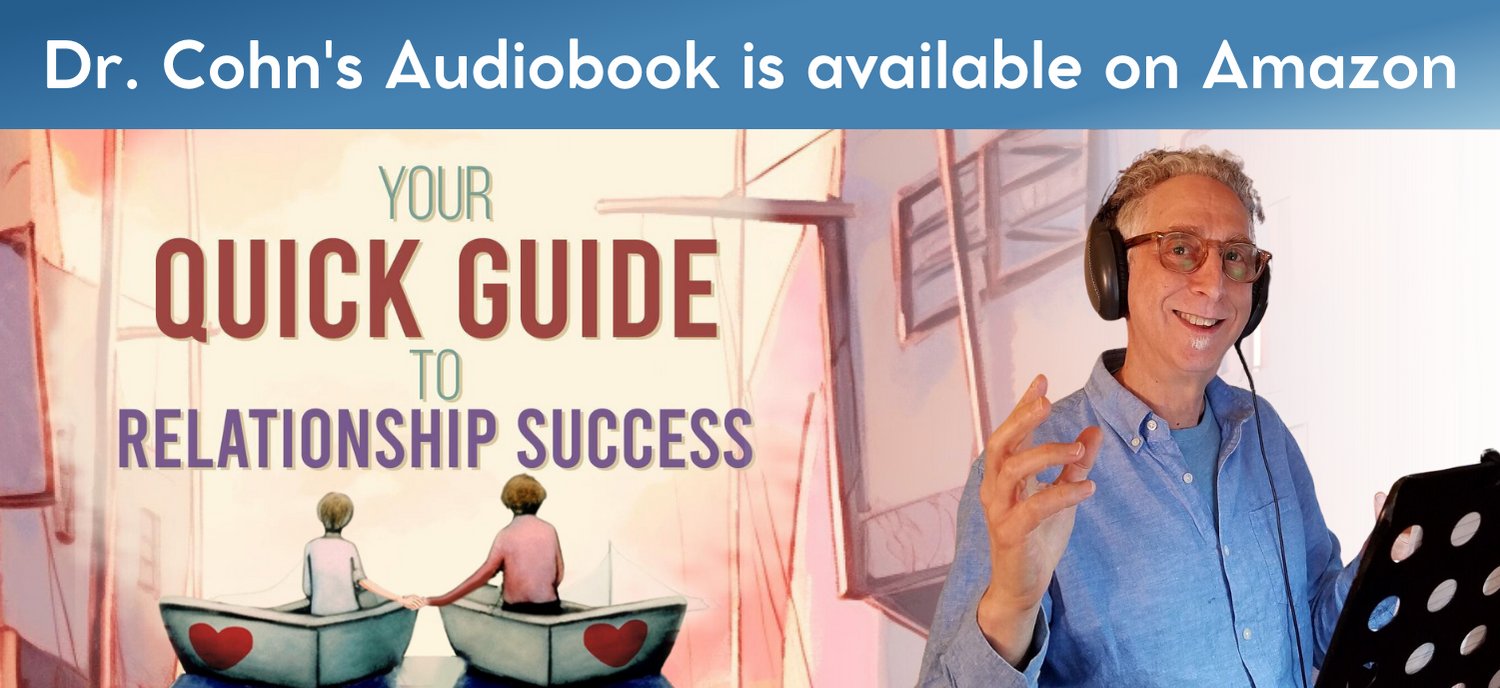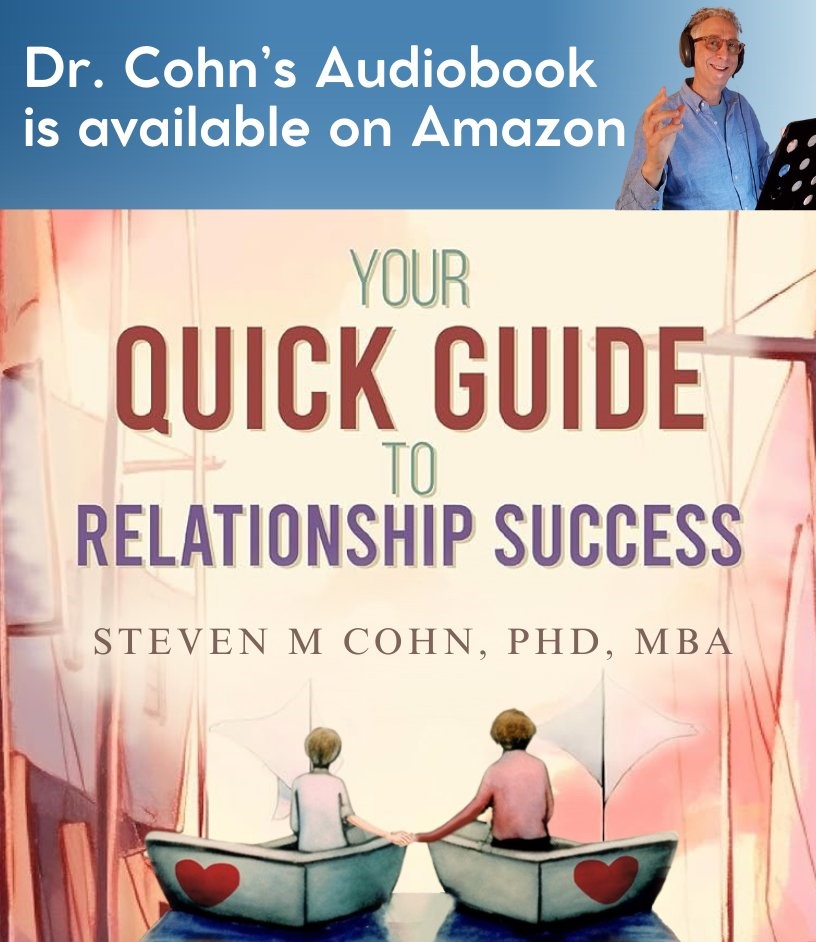Brother-In-Law

Working With Brother-In-Law Issues
If you're not happy with your brother-in-law, you might appreciate what this article has to share. Most people are aware that our siblings represent life-long relationships, and although many articles have been written about the problems that married
individuals have with their partner's mother, what if you're having an
issue with your spouse's sibling? The problem is that our siblings (not just our parents, aunts, uncles, grandparents, and/or friends) can have a very real effect on our marriages, sometimes for good, but often not. Your partner's siblings can have a powerful impact on the way your spouse and you communicate, how intimate you are, how you relate to each other, and even how you raise your children.
Managing issues with a brother-in-law, like any interpersonal relationship, requires effective communication, empathy, and patience. Here are some tips to help you navigate and improve your relationship:
- Open Communication: Initiate an open and honest conversation about the issues bothering you. Choose a neutral and calm setting to discuss your concerns. Use "I" statements to express your feelings and avoid blaming or accusing language. For example, say, "I feel upset when..." instead of "You always..."Listen actively to his perspective as well. Understand his point of view to find common ground.
- Choose the Right Time: Timing is crucial. Pick a time when both of you are calm and not preoccupied with other stressors. Avoid discussing sensitive issues in the heat of the moment or during family events.
- Set Boundaries: Clearly define and communicate boundaries. This could involve discussing personal space, responsibilities, or any other issues causing tension. Be willing to compromise and find mutually agreeable solutions.
- Seek Understanding: Try to understand his perspective and motivations. Sometimes, gaining insight into the other person's feelings and intentions can help resolve misunderstandings.
- Be Empathetic: Put yourself in his shoes to better understand his feelings and motivations. Empathy can foster a more compassionate and cooperative relationship.
- Focus on Solutions: Instead of dwelling on the problems, work together to find practical solutions. Discuss how both of you can contribute to resolving the issues.
- Involve a Mediator: If the issues persist, consider involving a neutral third party, like a family member, friend, or counselor, to mediate the discussion and provide guidance.
- Choose Your Battles: Not every issue is worth a confrontation. Evaluate which issues are crucial and require discussion, and which ones you can let go to maintain harmony.
- Build Positive Interactions: Look for opportunities to spend positive, enjoyable time together. Shared positive experiences can help improve your overall relationship.
- Respect Differences: Accept that you and your brother-in-law may have different opinions, personalities, and lifestyles. Respecting these differences can lead to a more harmonious relationship.
Remember, improving relationships takes time, effort, and a willingness from both parties to make positive changes. If the issues are deep-rooted or persistent, seeking professional advice from a Relationship Specialist may be beneficial.
Steven M Cohn, PhD, LMFT
The Portland Couples Counseling Center
1940 NE Broadway
Portland, Oregon 97232
503-282-8496
What can you do if your spouse spends more time with their sibling than with you? What if the sibling gets drawn in to settle arguments or to give advice? These can be very sticky situations. It bears discussing before the wedding, but if you are already married and are now beginning to have problems with your partner's sibling, you may want to consider seeing a Relationship Specialist.
According to a recent study in the Journal of Social and Personal Relationships, we form two types of familial bonds. The bonds we form with our blood relations are “binding,” drawing on group dynamics rather than on individual needs. The bonds we form through friendship or marriage, such as those you might have with your spouse's siblings, are “bridging,” which means these are sparse connections, drawn primarily on each individual’s needs.(1) From this study, we can see that it is just possible that your spouse will be more tightly bound to his or her brother (your brother-in-law) than to you. This can cause innumerable problems in a marriage.
If you had a traditional American wedding, you were likely told to leave your birth family and cleave only unto your spouse. However, in some other cultures, the birth family ties are preserved throughout the marriage. Among South Asians, for example, it is very common for an abused spouse to report abuse not only from her partner, but also from her brother-in-law and other members of his family. In fact, it is often easier for the woman to report abuse from the in-laws than it is to report abuse from her spouse. The spousal abuse is only discovered during investigation of the brother-in-law, in many cases.(2)
What’s interesting is that not only may your spouse's sibling affect your marriage, but your marriage may also affect your spouse's sibling, or at least his relationship with your spouse. For example, if your wife has never been terribly close to her brother, but you and he are the best of friends, she may begin to feel differently about him. Conversely, if you think your brother-in-law is a pig, your spouse may begin to see some of his more repulsive qualities.(3)
Whether your
marriage relationship is suffering from the effects of your brother-in-law or
vice versa, you may find some good advice in this article at
Endnotes
(1)Widmer, Eric D. Who are my family members? Bridging and binding social capital in family configurations. Journal of Social and Personal Relationships, 23:6 (979-998) 2006.
(2)Raj, Anita, Livramento, Kai N, Santana, M. Christina, Gupta, Jhumka, and Silverman, Jay G. Victims of Intimate Partner Violence More Likely to Report Abuse From In-Laws Violence Against Women, 12(10): (936-949) 2006.
(3)Bengtson, Vern L. Sourcebook of Family Theory & Research. Thousand Oaks, Calif: Sage, 2005.
As a Relationship Specialist, Steven Cohn, PhD, works with marriages and couples from all over Oregon including these cities, towns, and suburbs: Portland, West Linn, Dunthorpe, Pearl District, Bethany, West Hills, Irvington, Lake Oswego, Alameda, Bend, East Moreland, Salem, Ashland, and Medford.
And these Oregon zip codes: 97034, 97219, 97212, 94501, 94502, 97229, 97840, 97451, 97106, 97068, 97221, 97140, 97035, 97036
Share
Follow

Steven M Cohn, PhD is honored to have been featured on CNBC.com.

Steven M Cohn, PhD is pleased to have been featured on Koin 6 Television: "Boost In The Bedroom."

Steven M Cohn, PhD is pleased to have been featured on both KATU.com and KATU Channel 2 Television.

Steven M Cohn, PhD is pleased to have been featured on Oregon Live "Why Oregon's Latest Divorce Statistics May Be Divorced From Reality"

Steven M Cohn, PhD, MBA, LMFT has twice been named one of the top three marriage counselors in Portland, Oregon by the non-profit organization Three Best Rated



